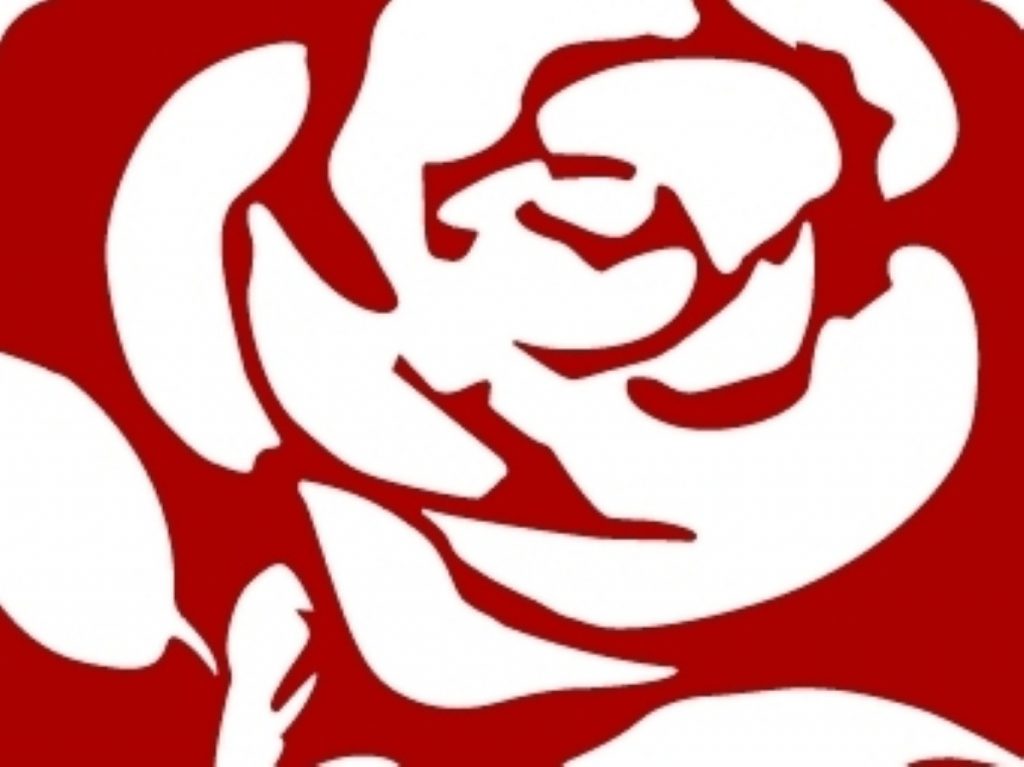Labour ‘tied to the past’
Labour’s obsession with its history is likely to hinder Ed Miliband’s efforts to make a decisive break with the past, an expert has claimed.
An article appearing in December’s issue of the British Politics journal assessing the 2010 leadership campaign concludes that nostalgia plays a large part in Labour’s collective mindset.
Richard Jobson and Mark Wickham-Jones of Bristol University argue that Ed Miliband’s statement that “the past is another country as far as I am concerned” did not reflect the reality of the campaign.


Both Ed Miliband and his brother David attempted to reject a nostalgic orientation during the campaign, emphasising the break with New Labour and epitomised by the winner’s eventual conference speech emphasising the “new generation”.
Ed Miliband complained of being “haunted by the ghosts of the 1980s” and “clinging to old truths”, but his rhetoric struggled to make a clean break, the pair argue.
Their research shows that nostalgic sentiment within Labour had forced “even the most ardent modernisers” to temper their progressive beliefs.
“The claim that Labour had been reoriented away from the past and towards the future is not borne out in the arguments deployed by its senior figures,” they wrote.
“Labour’s relationship with the present remains defined, partly at any rate, by its complicated historical understanding of its past.”
This was because “nostalgia, alongside history and memories more generally, matter for identity”. Mr Jobson and Mr Wickham-Jones added: “Coming after a period in which nostalgia was frowned upon in New Labour politics, the party’s history was reasserted by all of the apparently modernising candidates during the leadership contest.”
The pair conclude that Mr Miliband is unlikely to achieve the fresh start implied by his “new generation” rhetoric.
“It seems unlikely that Ed Miliband has affected the kind of break with the past to which he alluded in his speech to the 2010 Labour conference. As far as the Labour party is concerned, the past is rarely another country.”

